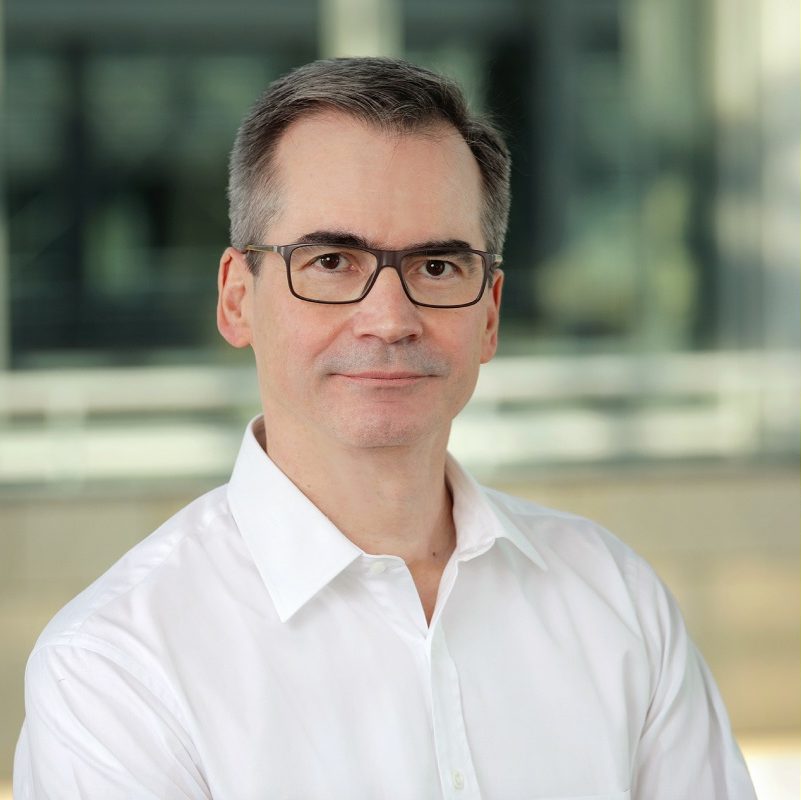
“Circular economy solutions must develop into a sustainable business with sufficient incentives for the stakeholders”
Interview with Christophe Pautrat, Head of Software Business, Landbell Group
The startup that is going to win the 2018 Green Alley Award will have to convince the seven members of the jury first. Not a simple task. But who are these judges, anyway? Get to know the 2018 jury in our series of interviews and find out about their professional background, the greatest circular economy challenge and their tip for a successful pitch.
# What is your professional background and how will it help you judge the six finalists of the Green Alley Award 2018?
I was part of the founding team that established the European Recycling Platform in 2004 to become the first pan-European WEEE compliance scheme. As Chief Operating Officer of the company I drove the concrete implementation of waste take-back and recycling supply chains in multiple countries, quality and traceability processes, bespoke services to producers and business process digitalization.
As Head of Software Solution of the Landbell Group, my goal is to further digitalize the solutions that will help our group and our customers to practically deliver a circular economy.
As such, I have both a good understanding of the challenges to be overcome and I have a keen interest in discovering the innovative propositions of the Green Alley Award candidates.
# In your opinion, which are the key challenges for a circular economy in Europe?
Several challenges come to my mind. First, in a number of countries policy makers are focusing too much on constraining, sometimes supporting monopolistic regulatory frameworks instead of fostering innovation and incentivization.
Also, a number of ideas, albeit very innovative, rely for their success on people adopting a certain “moral” behavior. However, if we see people and organizations as they are and not as they should be, it is clear that many attractive ideas won’t fly if there is not incentive in place (for the stakeholders, the consumers, etc. …). In other terms, circular economy solutions must develop into a sustainable business with sufficient incentives for the participants.
Finally, there are practical hurdles to the implementation of a circular economy. For instance, massification of waste flows, which can entail excessive costs or the risk of ultimate dispersion of material fractions after an initial loop closing has been achieved.
# What are your tips on how to deliver the perfect pitch at the Green Alley Award finals in Berlin?
I would expect each pitch to be as fact-based as possible, supporting the idea(s) presented with some data, and highlighting the differentiating factors that make the project unique and successful.
Regardless of the level of maturity of their project, the startups have to provide a clear vision of how the idea will develop into a sustainable business and what are the key success factors (financial, regulatory, technical, etc..).
At the end of the pitch, I wish to be able to understand what should be done next and how Landbell, for instance, could contribute.
Find the interviews with the other Jury members of the Green Alley Award 2018 here: